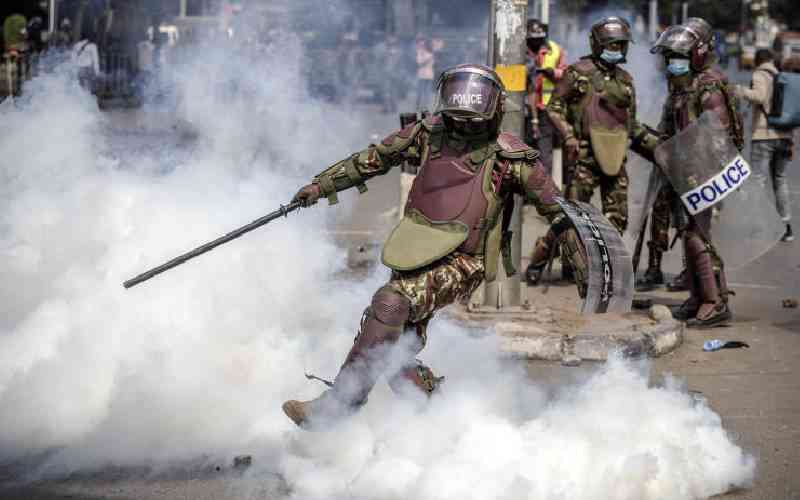×
The Standard e-Paper
Stay Informed, Even Offline

Kenyan citizen, regardless of their political ideology or religion, should safeguard and/or defend the rights for peaceful protests even if they vehemently disagree with what protestors are saying.
The Bill of Rights guarantees the right to peaceful assembly in protest. In reality, if the citizen of any nation cannot speak criticise the government through demos, then it implies that the citizenry is not free.






